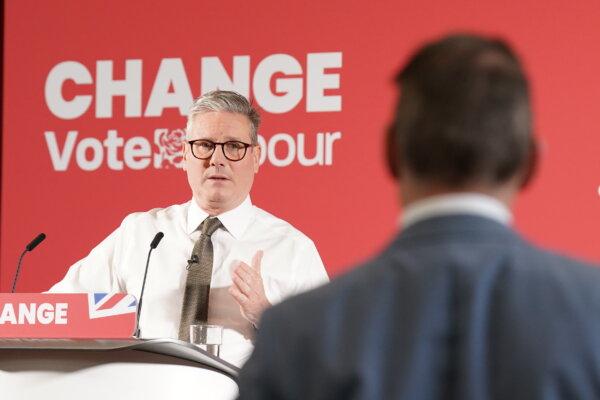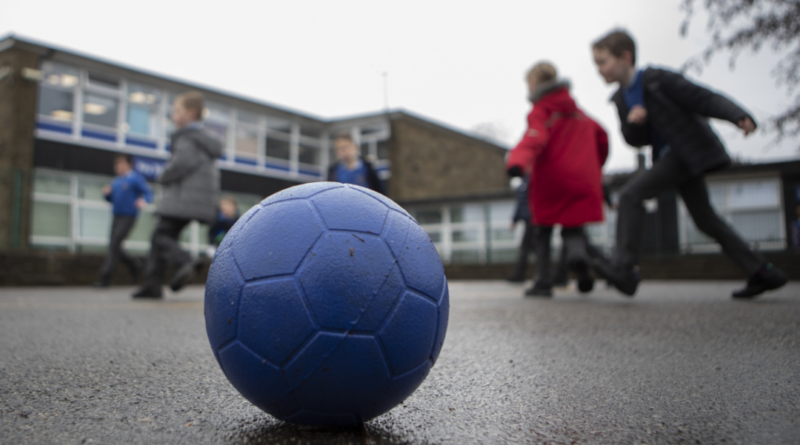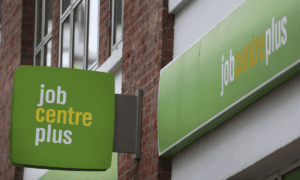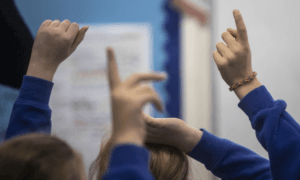Report Finds Strong Correlation Between Child Poverty Rates and 2-Child Universal Credit Cap
The findings show that at least one in four children are living in poverty in two-thirds of parliamentary constituencies.
Child poverty is “directly and strongly correlated” with the percentage of children affected by the two-child limit on claiming Universal Credit, according to analysis.
Researchers from Loughborough University’s Centre for Research in Social Policy, who conducted the analysis for the End Child Poverty Coalition, stated that the correlation provides “further evidence” that the cap is a “key driver” of child poverty.
“Reducing child poverty in local areas will rely not only on targeted action within these communities but will require changes at a national level, such as removing the two-child limit and increasing the value of working-age benefits.”
Mark Russell, CEO of The Children’s Society, urged politicians to address the policy, stating in a statement, “The first steps the next government should take is scrapping the two-child limit and the benefits cap – these together have had a catastrophic effect, pushing many more families into deep poverty.”
The End Child Poverty Coalition estimated that removing the limit would lift 300,000 children out of poverty and reduce the depth of poverty for a further 800,000 children, at a cost of just £1.8 billion.
The two-child limit, in place for seven years, applies to families with a third or subsequent child born after April 2017 claiming means-tested Child Tax Credit or Universal Credit. The limit does not affect Child Benefit, which is not means-tested, and families can claim for Child Tax Credit/Universal Credit and Child Benefit simultaneously.
1 in 4 Children Living in Poverty in Two-Thirds of Constituencies
The findings from a Loughborough University study on child poverty revealed that at least one in four children are living in poverty in 66.2 percent of parliamentary constituencies.
The analysis using the new constituency boundaries for the general election showed the highest levels of poverty in the northwest of England (90.4 percent), followed by the West Midlands (89.5 percent), the northeast (88.9 percent), and Wales (84.4 percent).
Constituency-level poverty was lowest in Northern Ireland (22.2 percent) and the east of England (31.1 percent). The southeast of England and Scotland had 44.0 percent and 54.4 percent of constituencies, respectively, with at least one-quarter of children living in poverty.
The End Child Poverty Coalition emphasized that the next government must develop a plan to end child poverty.
Mr. Russell stated, “These figures highlight the extent of child poverty nationwide, which is severely impacting the lives and futures of many children. Despite being one of the wealthiest countries globally, it is scandalous that over 4 million children are living in poverty.”
In 2022/23, 4.3 million children were in relative poverty, representing 30 percent of all children in the country.
Labour Would Not Lift Cap
In 2019, the Commons Work and Pensions Committee recommended lifting the two-child limit, advocating for providing support for all children through the benefits system.
The committee noted that the policy affected families with unplanned third pregnancies and criticized the government’s distinction between working families and those on benefits as “crude and unrealistic,” highlighting the unpredictability of life circumstances.

When asked if he would remove it, Sir Keir responded: “In an ideal world, of course. But we haven’t got the resources to do it.”
Sir Keir referenced the previous Labour government’s anti-child poverty strategy, stating, “We will implement a similar strategy to combat child poverty.”
The Epoch Times reached out to the Labour Party and the Conservative Party for comments.





